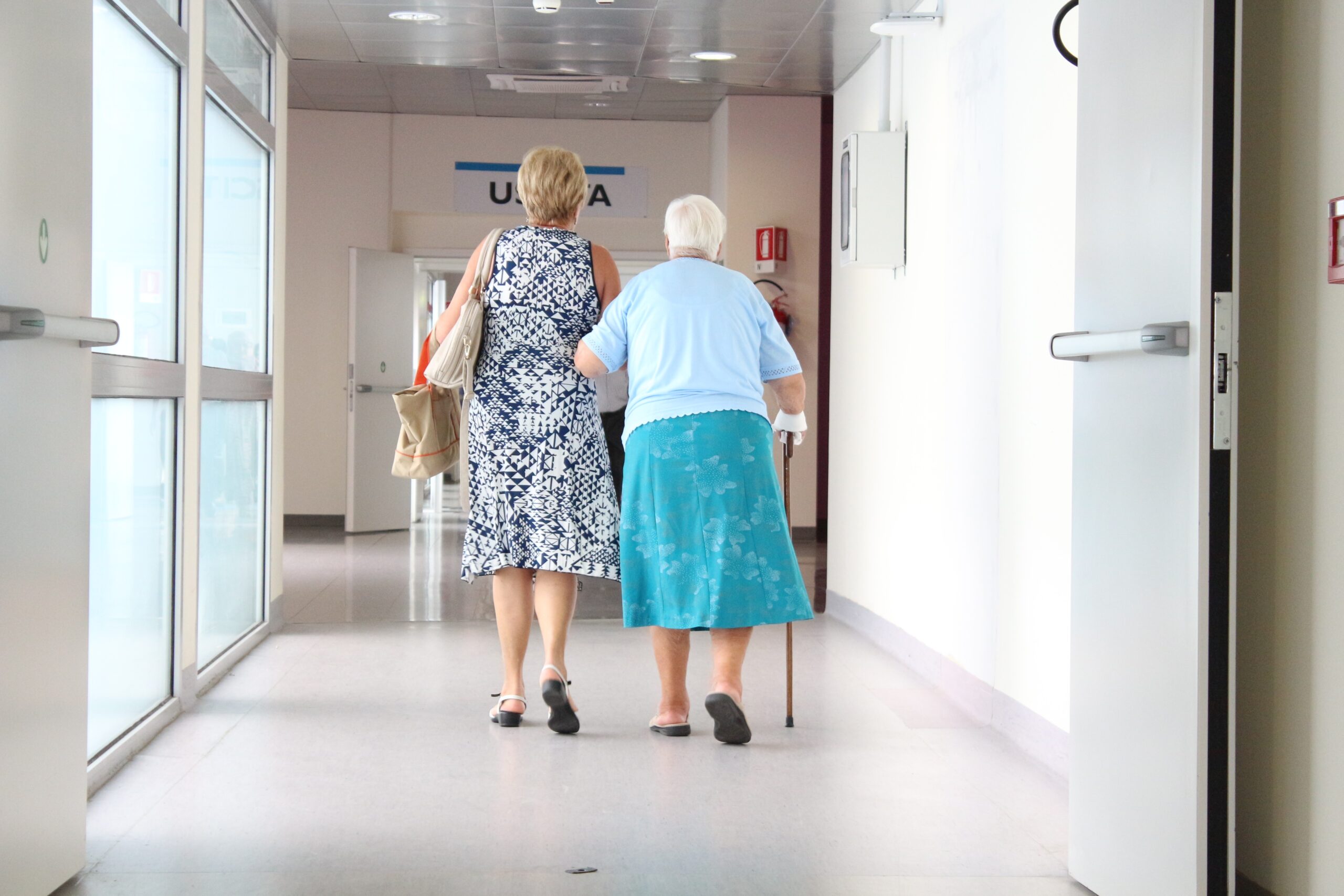Nursing homes get some bad press. Just the name commonly conjures up a vision of someplace we do not want to be. Be they good, bad, or otherwise, our notions of nursing homes can always be improved if we take the time to visit those confined to these facilities and help out the staff when we are visiting our loved ones. There are some things, due to the fact that we are not skilled nursing professionals, we cannot attend to, but these hard working caregivers may be really happy to have us add some TLC and smiles to what can be an otherwise stressful day.
So where does oral health care come in here? It does not need to be said that the nursing home staff work very hard for their clients. What we, as oral healthcare workers tend to forget, is that they are medically trained and not dentally trained. It can be very foreign and uncomfortable for some of these workers to place their hands in their patient’s mouths and perform excellent oral hygiene. We need to make sure this is being done, however. As most of us know, the mouth is attached to the body. Not only is it part of the body, it is the beginning of the digestive tract, the place where all sustenance generally enters the body. It is important in talking, smiling, eating, drinking, and swallowing. Anyone with a mouth probably knows a clean mouth makes you feel better.
I just read a Cochrane Library systematic review about research that has been done on nursing home patients and their oral health. The review of four studies concluded that there may be less incidence of aspiration pneumonia, but not enough good research has been done to draw a direct line from improving daily oral care and fewer pneumonia deaths.
Aspiration pneumonia is caused by aspirating food, fluids, saliva, or mucous and can make patients very ill and even cause death. Dental hygienists have long subscribed to the theory that the better the oral health is, the less chance of developing aspiration pneumonia. Patients who are trying to recover from any of a variety of illnesses are more prone to pneumonia as they lay in bed. We have all coughed when food or saliva ‘goes down the wrong pipe”. Those who are ill sometimes either may not feel it, or lack the reflexes to stop the stuff that doesn’t belong there from drifting down the wind pipe into their lungs. The goal of good, daily plaque removal is to reduce the bad bacteria, fungi, etc., from accumulating in the oral cavity, so there are fewer “bad actors” or pathogens available to cause disease.
Though the research is still out on whether or not performing oral hygiene daily on patients in nursing homes, I can only believe that it helps and the smiles I get from patients after I have cleaned their teeth is evidence they feel better. We have to take our victories for these patients where we can get them. Ask any RDHAP. We believe we can make a difference and reduce the incidence of aspiration pneumonia.
If you are having questions about what to look for when visiting your loved ones in a care facility, or would like an RDHAP to look in on a particular patient, please go to the map on I Need and RDHAP to find a practitioner near you who can help you and your family care for everyone’s oral health.

